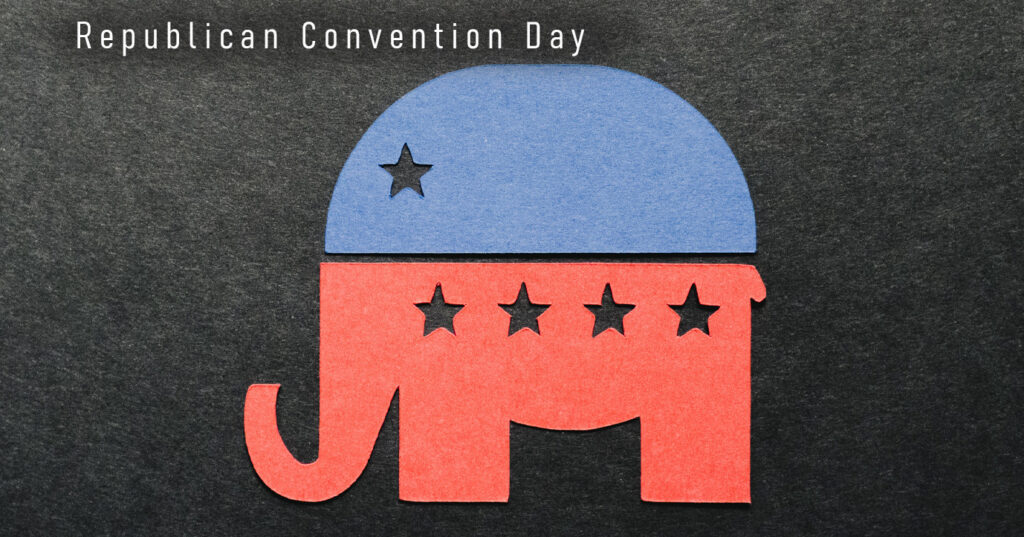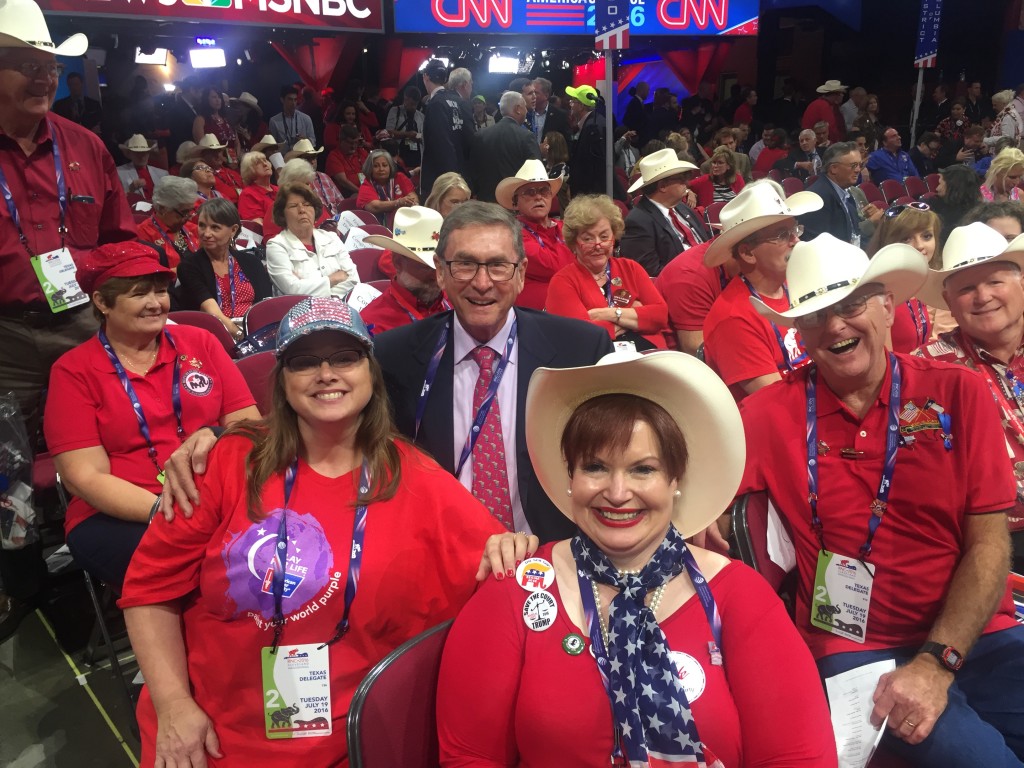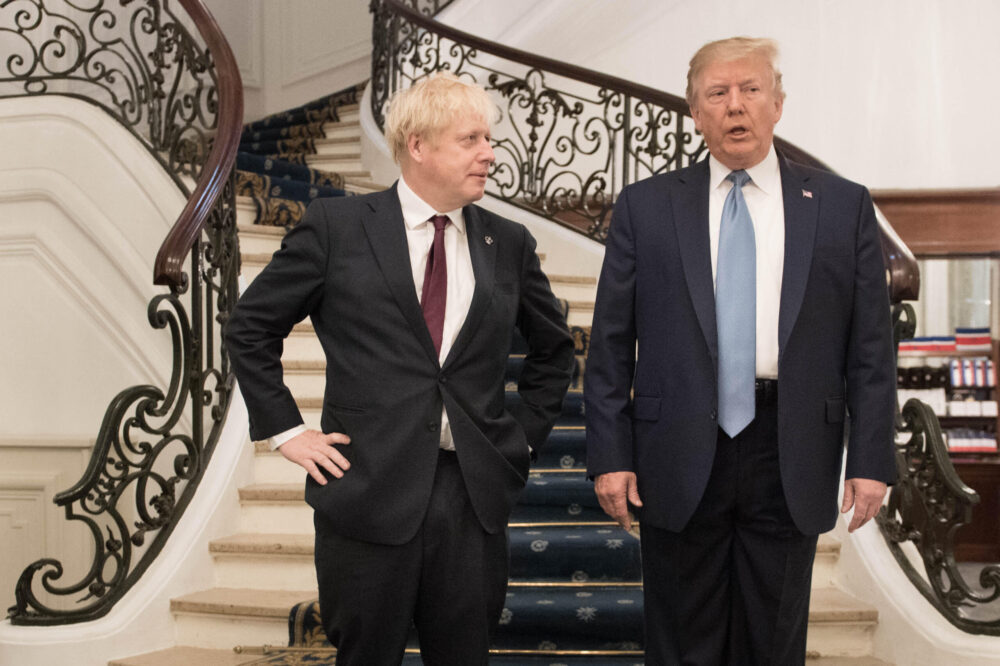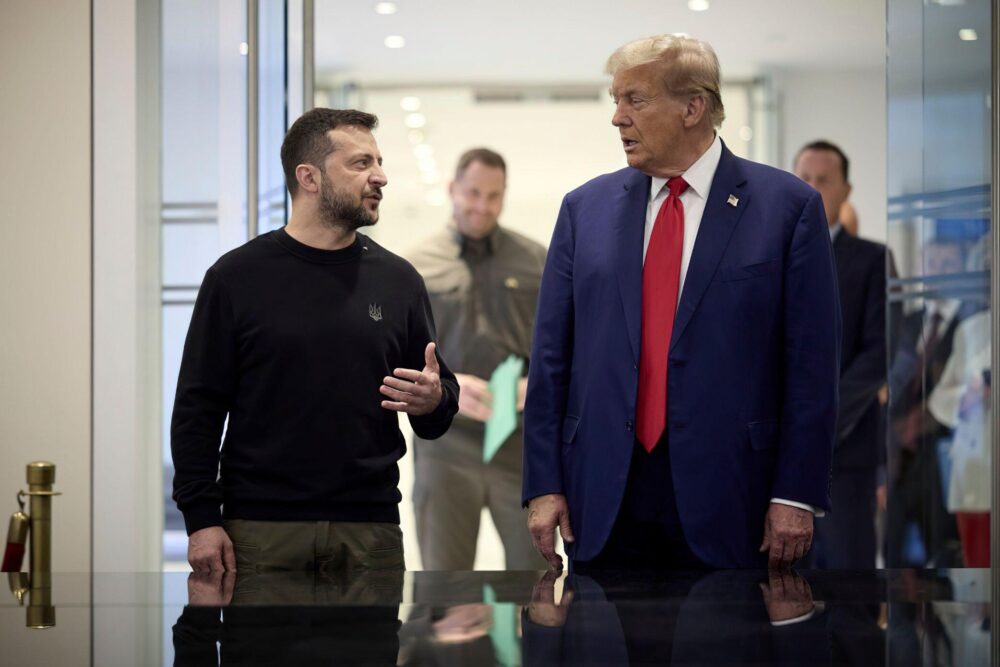
The reporters, commentators and political professionals we have spoken to in Cleveland have been remarkably open in admitting they were wrong about Donald Trump’s chances. “I was speaking at a meeting last August, and I told them there was absolutely no way Trump would be the nominee,” one experienced campaign consultant confessed.
For once, no-one has blamed misleading polls. Instead, between them, they cite four main reasons. One is that they simply did not believe the polling numbers they were seeing, or decided there was a ceiling to his support, which he had repeatedly broken through. Secondly, they felt his lack of a traditional campaign infrastructure would restrict him against the experienced election winners he was up against. Thirdly, they assumed that given the calibre and record of the other candidates, Republicans would surely choose one of them over the wildcard Trump, if only to give them more chance of winning in November.
And finally, they assumed that Trump would simply implode after one gaffe too many. Instead, he had if anything been strengthened (at least with primary voters) from a series of self-generated hullabaloos, any one of which might have finished a more conventional candidate.
They started to realise he could win for different reasons – when he drew huge crowds to rallies in unexpected places with people you might not expect to see at a Republican event; when he shrugged off incidents that would have sunk other candidates; and when it dawned on them that he was serious about it himself: “when his pronouncements started to hurt his business brand, when he started to sacrifice things for this goal, I knew he was for real,” one journalist told us.
It was some comfort that his fellow candidates had not seen it coming either: “It’s not just the media that got it wrong, everyone got it wrong.”
*
This was echoed by senior staffers from three rival primary campaigns who came to speak to us: “When the campaign started, no-one saw this guy Trump.” One reason was that, from the outset, Trump refused to play by the normal rules. “We thought the Republican Party had four buckets,” one of them told us. “Moderates, libertarians, Tea Party conservatives and evangelical conservatives. We decided we needed evangelicals, Rubio and Bush would fight for the moderates, and so on. Some candidates make the mistake of trying to play all four buckets. We’re at his convention today.”
As Trump gathered more and more support “we began to understand the degree to which political physics were not playing a part in the campaign… It was like trying to get a grip on applesauce.” In any other year, “his policy positions would have killed him. He had talked about gun control but he was getting votes from libertarian hunters in New Hampshire. They were voting for the tone and the persona.”
The media had been a major factor. One recalled ruefully that they had been unable to persuade the networks to show up at a major campaign event for their candidate. “If Donald Trump had farted on air, they would have covered it live, with a panel beforehand to discuss which way the wind was blowing.”
In retrospect, “if you rewind the whole thing, there should have been a healthy conversation about stopping the train that was gathering speed”, though none of our panel was very confident anything would have worked. And as the election season drags on, rational decisions are harder and harder to make as everyone is so exhausted: “The way these guys run, it’s amazing what they do every day. The most precious thing you protect as a campaign manager is the candidate’s sleep, but you can’t make them sleep once they get in their hotel room. They watch TV and check Twitter all night.”
*
Most of the action at the Republican Convention takes place in the evening, when the delegates gather to be entertained and inspired. I have made the most of the chance to enjoy the atmosphere and meet some of the delegates (including some from Texas, above), and to revive some old friendships. Earlier in the year I met Mike Pence, Governor of Indiana, (below) at the Kentucky Derby. Though he expects to be Vice President, he assured me his invitation to next year’s Indianapolis 500 still stands.
*
A senior Trump advisor told us the campaign had three goals for the week in Cleveland: to show people a new side of the candidate “that they don’t always get from his TV show”, including his family life; to describe the challenges facing America as seen by ordinary people; and to highlight the answers they propose: “one of the myths perpetuated is that we don’t have policy solutions.” Unusually, there would be no chance of the post-Convention bounce in the polls that campaigns hope to see, since the Democrats are following on next week. Once the campaign gets into full swing, we could expect to see Trumps children taking a more active role in the campaign, and more talk about policy, especially on the economy, border control, energy independence and foreign affairs: “In the Cuban missile crisis, we were actually afraid for our own personal safety. That went away. With ISIS, people are literally scared for their own lives.” There would also be a relentless focus on Hillary Clinton’s record as Secretary of State: “Right now, she probably wishes she didn’t have a record.”
The campaign hoped to appeal to voters who felt the economy had left them behind, who “don’t see the next generation doing better than this one”, and are so disaffected that they had stopped voting: they believe twenty-five million evangelical voters did not participate in 2012 but could be persuaded to do so this time. This way, they could put in play states that had not been competitive in recent presidential elections.
Didn’t that seem optimistic, given the level of distaste for both candidates? “When the country is frustrated, turnout goes up. One of the few places people have to take out their frustration is the polling booth.” Would Trump be toning down his language now that he was out of the primaries and addressing the whole country? No again: “Mr Trump’s appeal is that he tells it like it is. What has frustrated American voters is that politicians seem so guarded because all they want to do is get re-elected, so they never get to a solution.” (Indeed, as we heard from another campaign professional, some voters give him the benefit of the doubt on his wilder statements – not being a politician, he has not had the practice at politician-speak).
How worried was the campaign that senior figures in the party had decided to stay away from the Convention? Not at all. If anything, they reinforce the candidate’s anti-establishment credentials: “There is a frustration in America that he has captured, and Bernie Sanders did on the Democratic side as well. I think the party is coming together well. The best example is not the people at the convention but support from the Republican party – we’re getting 88 or 90 per cent of the Republican vote. Whether John Kasich shows up in Cleveland matters less than whether Donald Trump is capturing their imagination.”
OK, but what about Mrs Trump’s now notorious speech? Was the plagiarism a deliberate ploy to associate Melania with Michelle Obama, casting her in their minds as First Lady, with Donald in the Oval Office, thereby getting the voters to think past the sale? “I wish we were that smart.”
*
A bullish view, and one shared by some on the teams of his primary adversaries. “I think he can win”, one told us. “They don’t like him, but they don’t like her either… If I have to bet I truly think he wins. Gary Johnson [the Libertarian candidate] and the Greens could get ten per cent, so he has to get to forty-five, and I think he can do it. If you take Romney’s score among white voters and add 3.1 per cent, which he could do, and increase their turnout by 3.1 per cent, which he could do, he doesn’t need a single minority vote.”
The others were more equivocal: “If he can convince people he can handle the nuclear codes and not blow up Denmark because someone tweeted against him, that will make a difference.” He would need a more serious attitude to policy and debate preparation: “The one-liners can get you to Cleveland but I don’t think they get you to Washington.”
*
This was too sanguine a view for Larry Sabato of the University of Virginia (who is a very wise man: he told me he reads everything on Lord Ashcroft Polls and was particularly impressed with my EU referendum-day poll). Professor Sabato is behind the modestly titled Crystal Ball website, which currently predicts a Clinton victory by 347 to 191 in the electoral college.
The electorate doesn’t like to give parties a third term in the White House (“tenure is great for academics and we deserve it! But for politicians it’s a terrible idea”). Had the Republicans nominated any of three or four of the primary candidates, they would therefore probably be ten points ahead now. But “partisans do strange things that don’t necessarily further their interests. This is Exhibit A, believe me. Every now and then, a party commits suicide. It happens. Then you have resurrections. Four years after Goldwater, there was Nixon. Four years after McGovern, there was Carter.”
It was not impossible for Trump to win – he rated the chances at thirty or thirty-five per cent – but for it to become a realistic prospect would probably take an unexpected recession or a series of domestic (not international) terrorist attacks.
The map was a huge hurdle for the campaign, but there was one legitimate if unlikely possibility: if Trump won all the states Romney won in 2012, plus Pennsylvania, Ohio, Michigan and Wisconsin, he would get to 270 electoral college votes: the magic number.
What would it take for Trump to win California? “A major earthquake that takes out northern California and most of the rest of the state. I think even Orange County is going to vote for Hillary Clinton this time.”

![IMG_2350[1]](https://lordashcroftpolls.com/wp-content/uploads/2016/07/IMG_23501-e1469060604887-1024x768.jpg)


